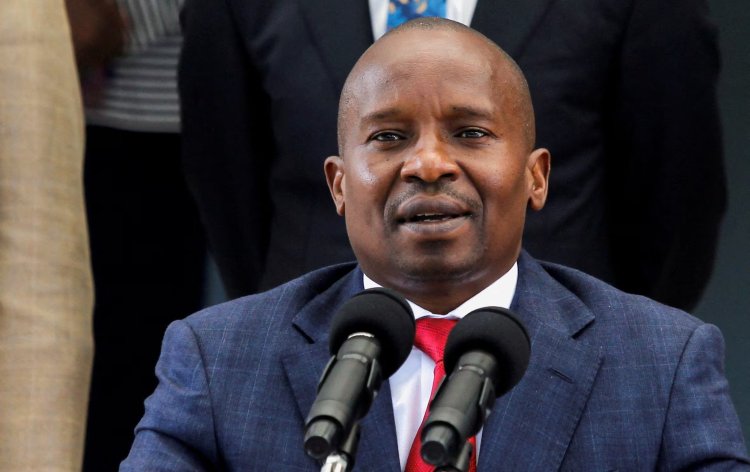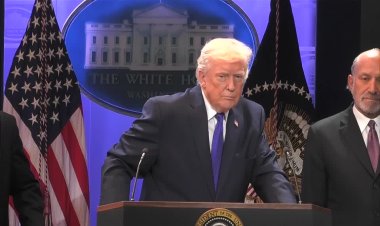Kenya court lifts block on Kindiki’s swearing-in

A significant political shift occurred in Kenya as the High Court lifted orders blocking the swearing-in of Kithure Kindiki as the new deputy president, following the unprecedented impeachment of Rigathi Gachagua. Justice Anthony Mrima delivered the ruling, citing public interest and the need to avoid an extended vacancy in the crucial position.
The decision comes after the Senate upheld five out of eleven charges against Gachagua, including gross constitutional violations and inciting ethnic hatred. Gachagua, who has filed over 30 legal challenges, maintains the charges are politically motivated and plans to appeal the ruling to the Supreme Court.
The 59-year-old Gachagua, known as "Riggy G," became the first deputy president to be impeached under Kenya's 2010 constitution. His removal occurred while he was hospitalized, leading to claims that he was denied fair hearing. The impeachment followed a deteriorating relationship with President William Ruto, particularly after nationwide protests in June over controversial tax increases.
President Ruto subsequently nominated Interior Minister Kithure Kindiki, a 52-year-old former law professor also from the Mount Kenya region, as his new deputy. While Parliament approved Kindiki's appointment, the process was temporarily halted by legal challenges from Gachagua.
The court's decision allows Kindiki's swearing-in to proceed while maintaining that challenges to Gachagua's impeachment can continue. The ruling emphasizes the importance of maintaining governmental continuity, particularly in the role of second-in-command.
This political upheaval marks a significant moment in Kenya's democratic history and reflects growing tensions within the country's ruling party, particularly affecting East Africa's largest economy.















